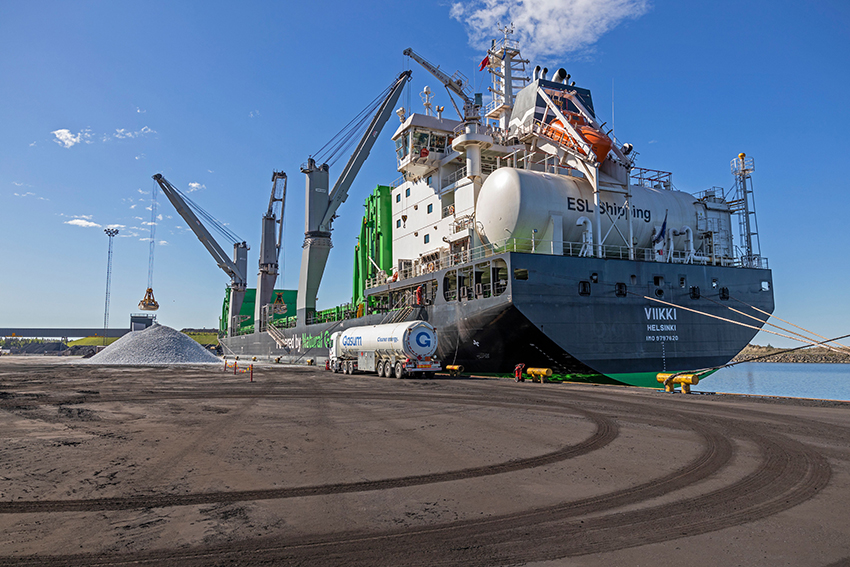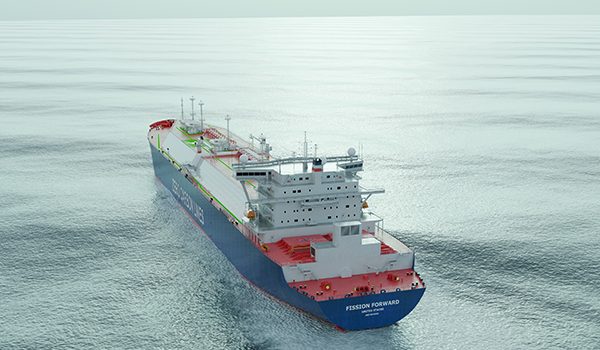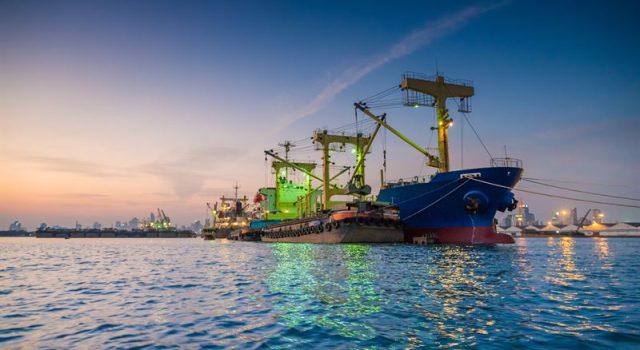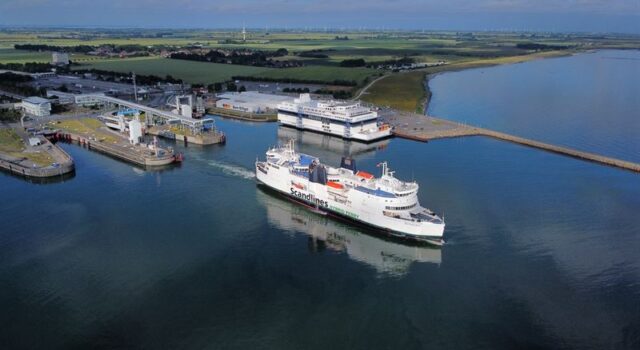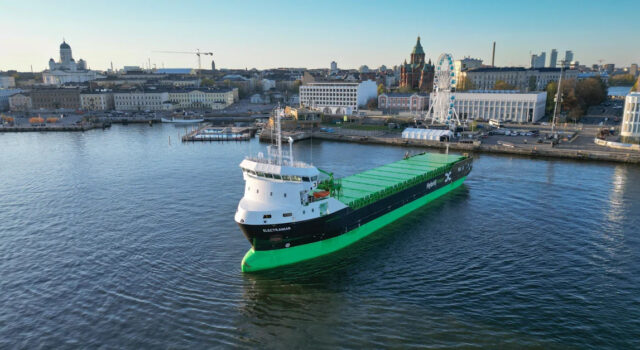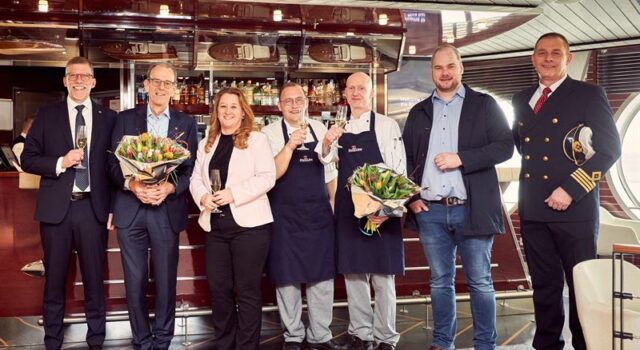“This marks another milestone in our long continuum of sustainability-related investments and actions of recent years. ESL Shipping is committed to reducing emissions, and we believe that the ambitious targets set by our industry, 50% reduction in CO2 emissions by 2050, can only be reached by using a wide range of alternative fuels. We have been doing long-term environmental work together with SSAB for years and now we are taking a new, significant step towards fossil-free maritime transport,” says Mikki Koskinen, Managing Director of ESL Shipping.
The wider deployment of biogas has been delayed by the relatively limited availability of biogas. There is also the cost factor to consider but nowadays more and more companies are seeing the value of reducing emissions throughout their supply chains. One of the forerunners is SSAB who aims to bring fossil-free steel to the market as the world’s first steel company as early as 2026. The entire company’s operations are scheduled to be fossil-free by 2045.
“Completely fossil-free operations require that fossil fuels have also been removed from transportation,” notes Harri Leppänen, Director, Environment and Safety at SSAB.
ESL Shipping has made significant investments to improve the energy efficiency and eco-friendliness of its fleet. The LNG-fueled newbuilding m/s Viikki and its sister vessel Haaga, both delivered in 2018, are the eco-friendliest dry bulk cargo vessels in the world.
ESL Shipping’s LNG fuelled vessels Viikki and Haaga are part of Bothnia Bulk project co-funded by the EU. Its goal is to modernize the sea route between Luleå, Oxelösund and Raahe to be more eco-friendly. In addition, environmental emissions will decrease at port with the improved availability of shore-side electricity.

